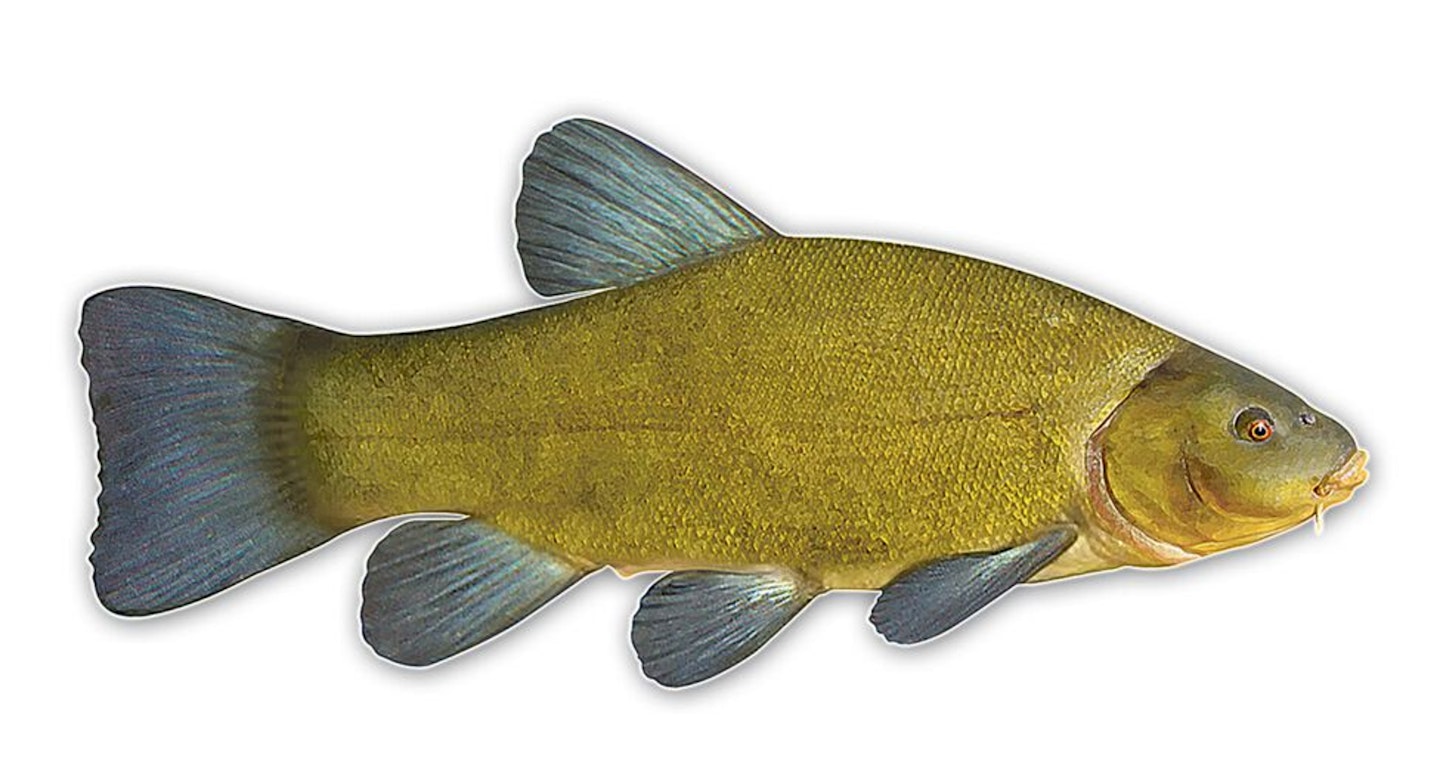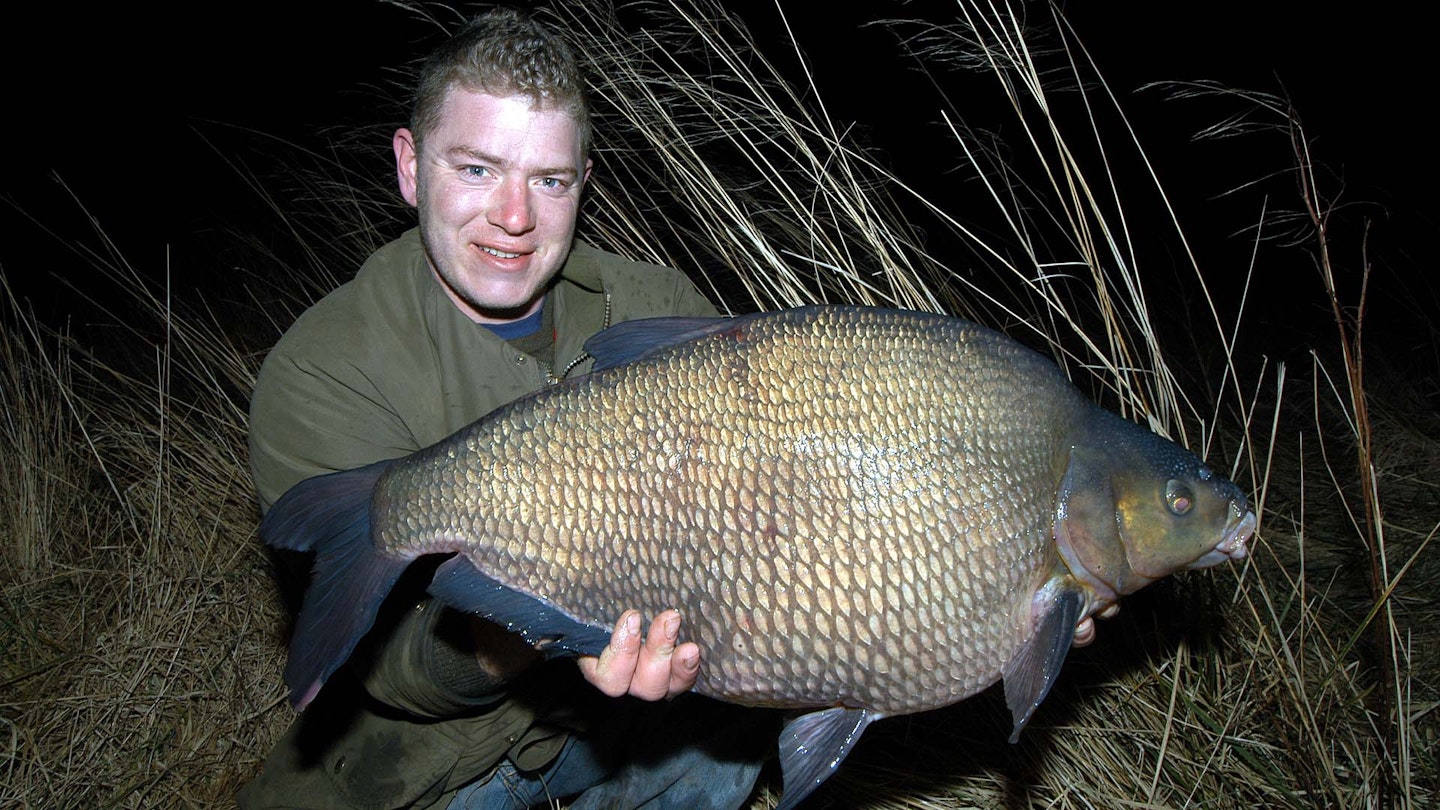With factors ranging from milder climate to high-protein baits, specimen fish weights have risen to levels we could once only dream of.
Not so long ago, the very idea of 20lb barbel or 6lb perch was fantasy in the UK. In the past two decades, however, such fish have become a reality for a lucky few.
It’s easy to chuckle at old fishing annuals and wide-eyed reports of 6lb tench or 10lb barbel, but you also have to ask how far can things go and whether this is healthy?
One huge factor in recent fishing has been a higher value placed on sport that’s local, especially in an era of lockdowns and spiralling fuel costs. But where are the limits for specimen weights? More to the point, what makes a truly ‘special’ fish relative to your own experience and available fishing?
The expert’s view: Dr Mark Everard
Scientist and fish expert Dr Mark Everard puts higher fish weights down to a handful of factors. “Climate change is one, because the warmer temperatures are, the more fish can eat and grow,” he says. He also cites the development of waters such as post Second World War gravel pits and managed fisheries that “allow fish to overcome previous limitations”. Improved tackle is also a significant factor.
But the biggest factor is food. “So much high protein bait goes in now,” he says. “Look at pellets or boilies against what wild fish eat. One large pellet could contain as much protein as hundreds, if not thousands, of nymphs. If 10 anglers fish a water and put in 1kg each, that’s a vast amount of food!”
This also poses negatives, however. “There can be a major impact on water quality and fish health,” says Mark. “Fish can grow large fat deposits and even change shape.” It’s also true that the largest fish often come from waters that are unbalanced, or as he puts it: “With low stock, a few specimens can grow huge from lack of competition. But low numbers of small and medium fish are not a healthy sign for any fishery!”
Although he’s known for catching huge river roach, Mark insists that perspective is vital. “If your local water is never going to produce 3lb roach or 15lb barbel, don’t let social media make you feel ashamed. Enjoy the fishing in front of you for the treasures your local water has to offer.”
PERCH
While 2lb perch were once a dream, these days you’d have to double that for most speci-hunters to bat an eyelid! Any water is capable of producing a surprise, though.
Record weight: 6lb 3oz (Neill Stephen 2011/Ken Brown 2012)
National specimen: 4lb
Real world specimen: 2lb
Quality fish: 1lb-plus
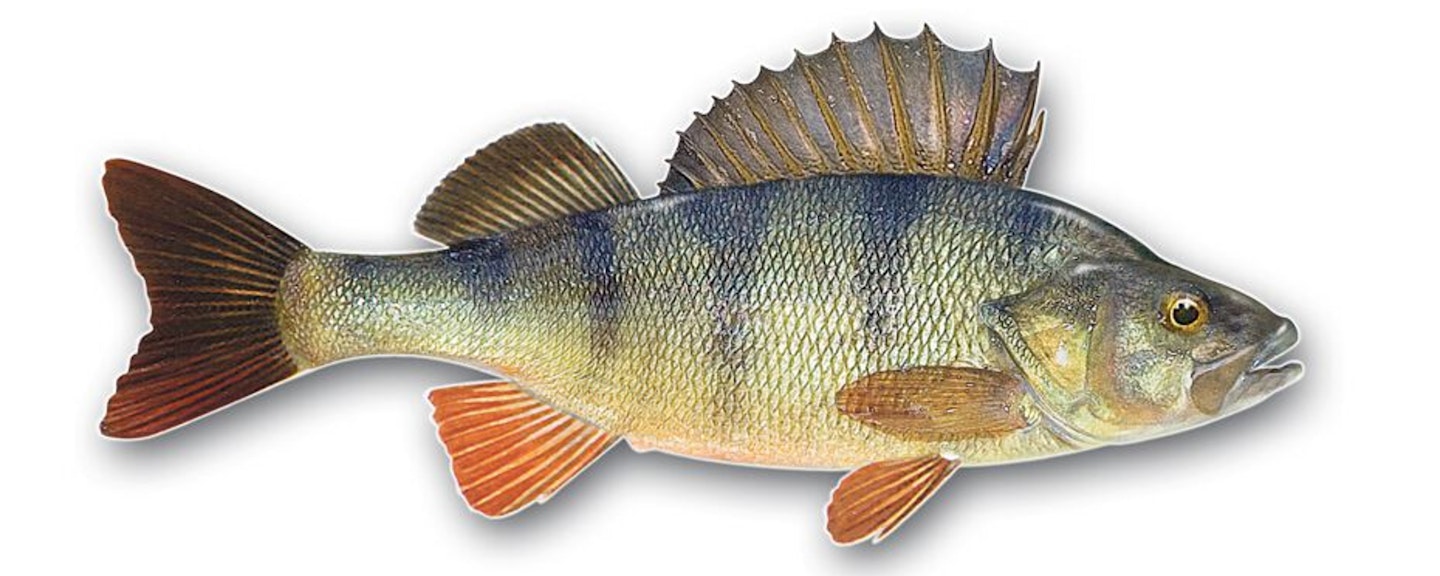
BARBEL
Thanks to anglers’ baits, a warmer climate and crayfish, we live in the greatest ever era for big barbel. On rivers such as the Trent, yesterday’s fish-of-a-lifetime are now run of the mill catches!
Record weight: 21lb 2oz (Colin Smithson 2019)
National specimen: 16lb
Real world specimen: 10lb
Quality fish: 8lb-plus
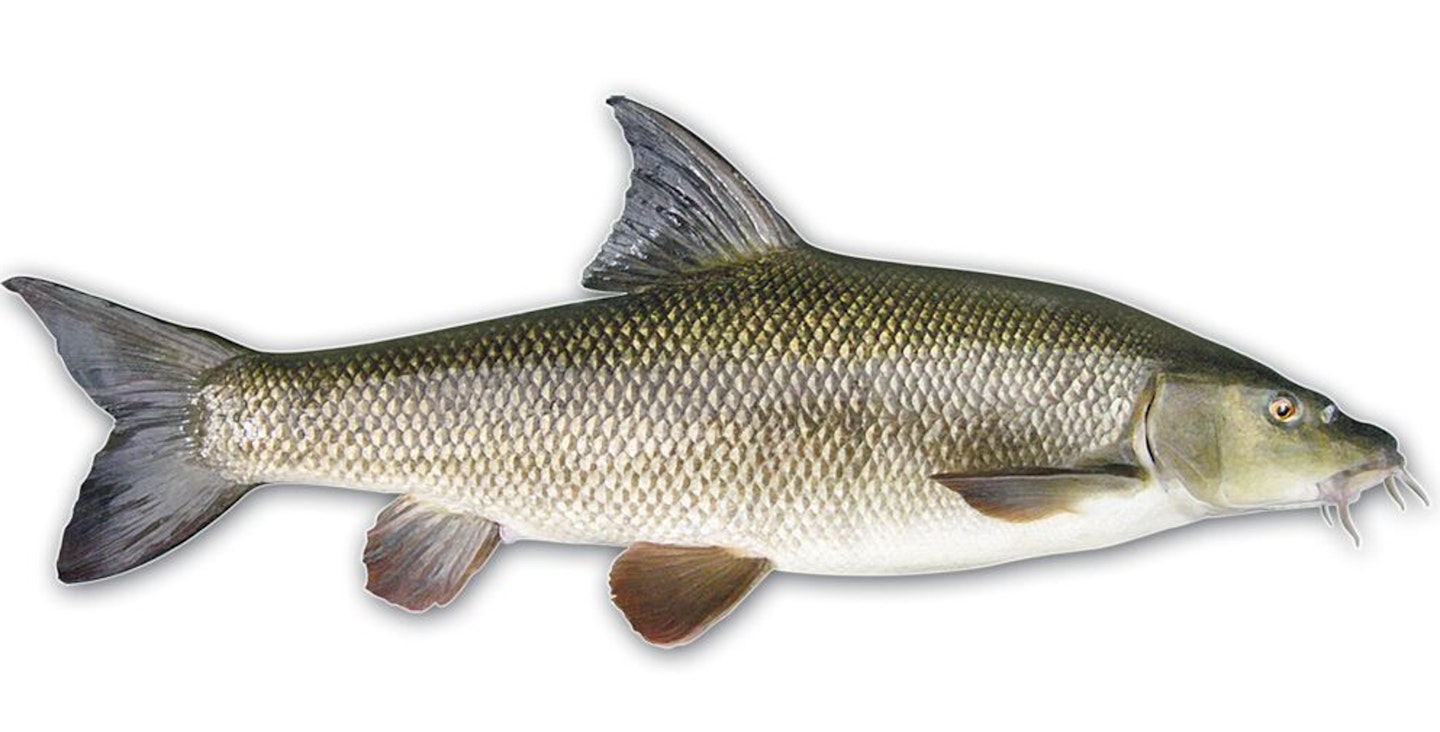
ROACH
Even the humble roach is now reaching larger sizes than ever before because of heavy baiting. Those on stillwaters have accelerated even faster than their river counterparts.
Record weight: 4lb 4oz (Keith Berry 2006)
National specimen: 3lb
Real world specimen: 2lb
Quality fish: 12oz-plus
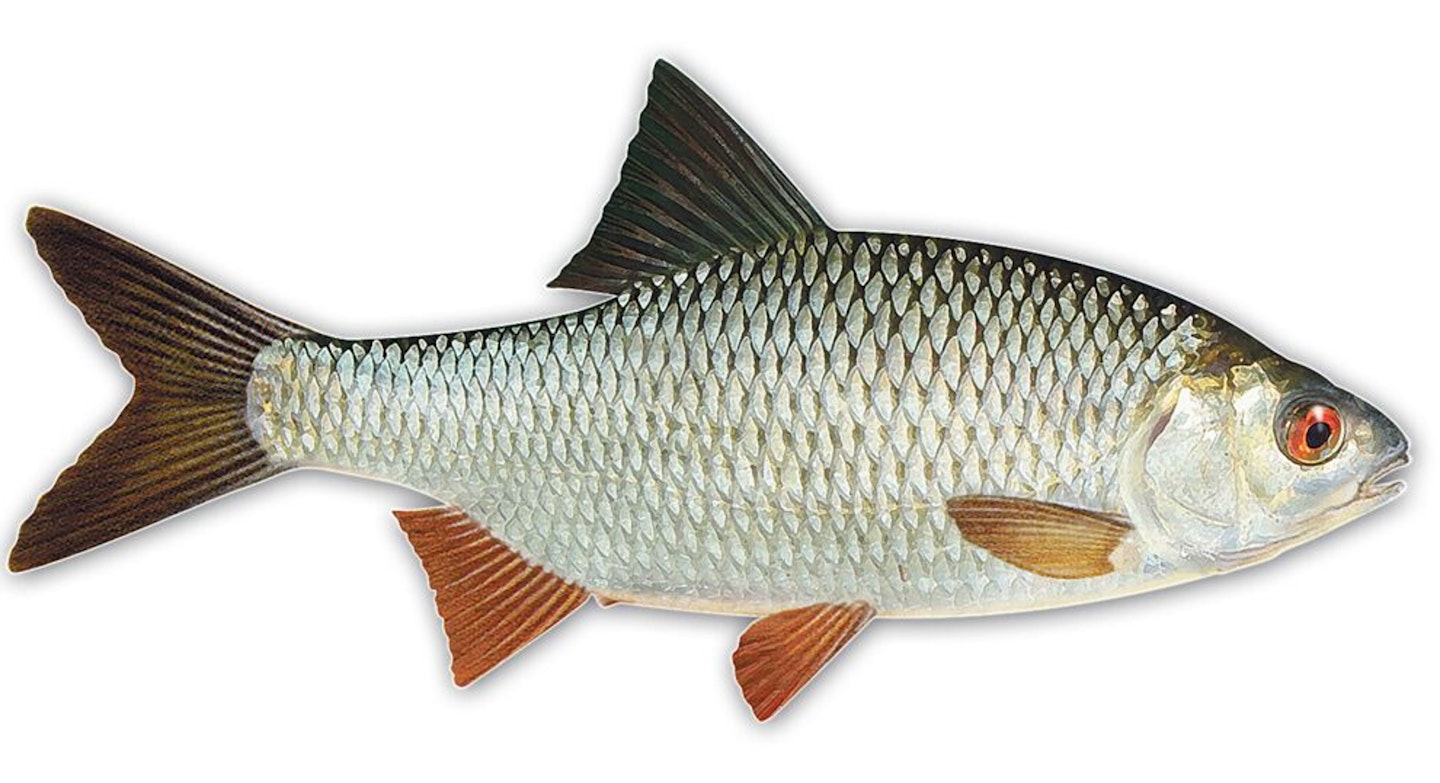
CHUB
Long-lived and adaptable, chub are capable of springing a surprise wherever you live. That said, 5lb-plus fish are only common on a minority of special waters!
Record weight: 9lb 5oz (Andy Maker, 2007)
National specimen: 6lb
Real world specimen: 5lb
Quality fish: 2lb-plus
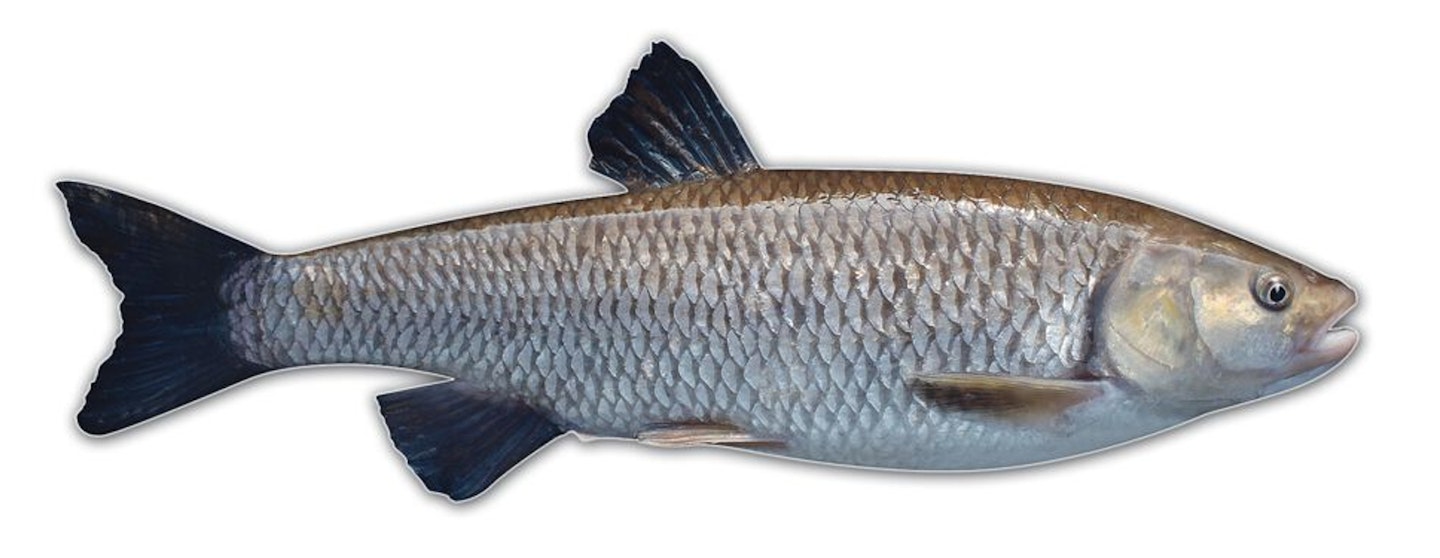
BREAM
Carp-water fish are now reaching silly sizes thanks to large quantities of boilies and pellets. For the vast majority, however, a 10lb specimen bream remains the fish of a lifetime.
Record weight: 22lb 11oz (Scott Crook, 2012)
National specimen: 15lb
Real world specimen: 10lb
Quality fish: 5lb-plus
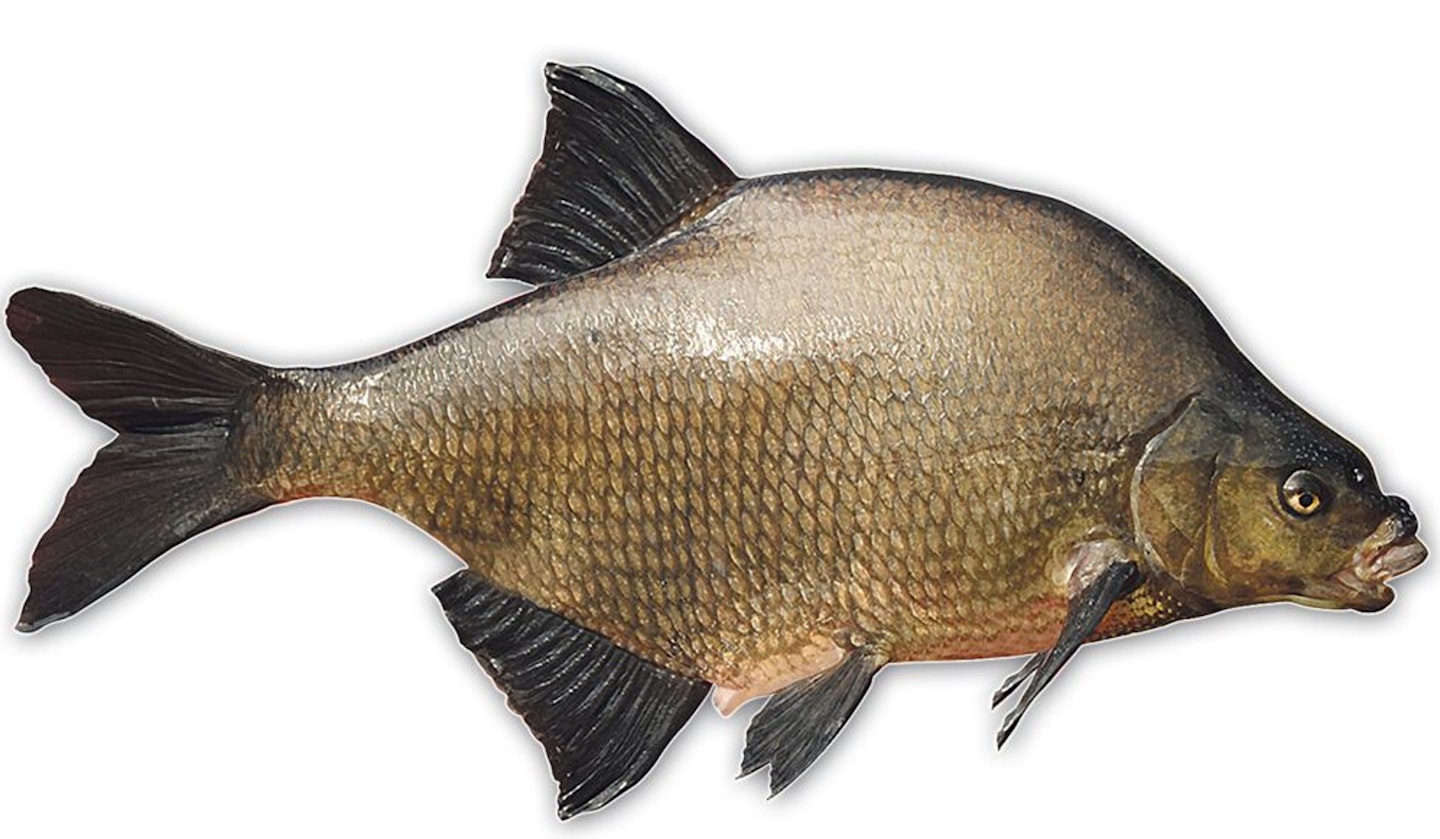
TENCH
Double-figure tench might grace many PB lists these days, but outside the realm of truly special waters, any 7lb-plus fish is still exceptional (the great Dick Walker never managed to catch one).
Record weight: 15lb 3oz (Darren Ward 2001)
National specimen: 10lb
Real world specimen: 7lb
Quality fish: 4lb-plus
